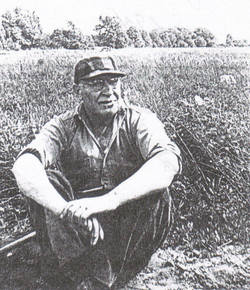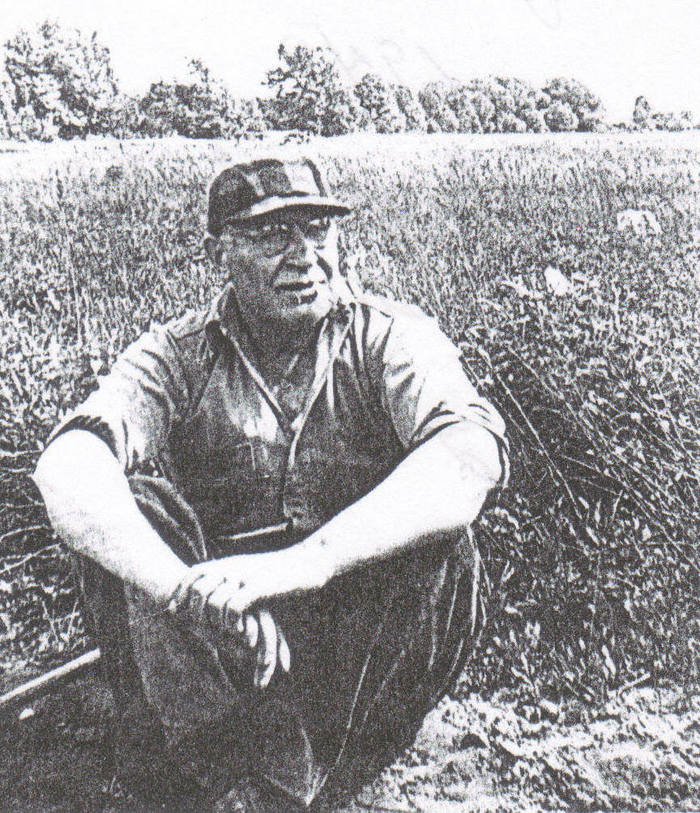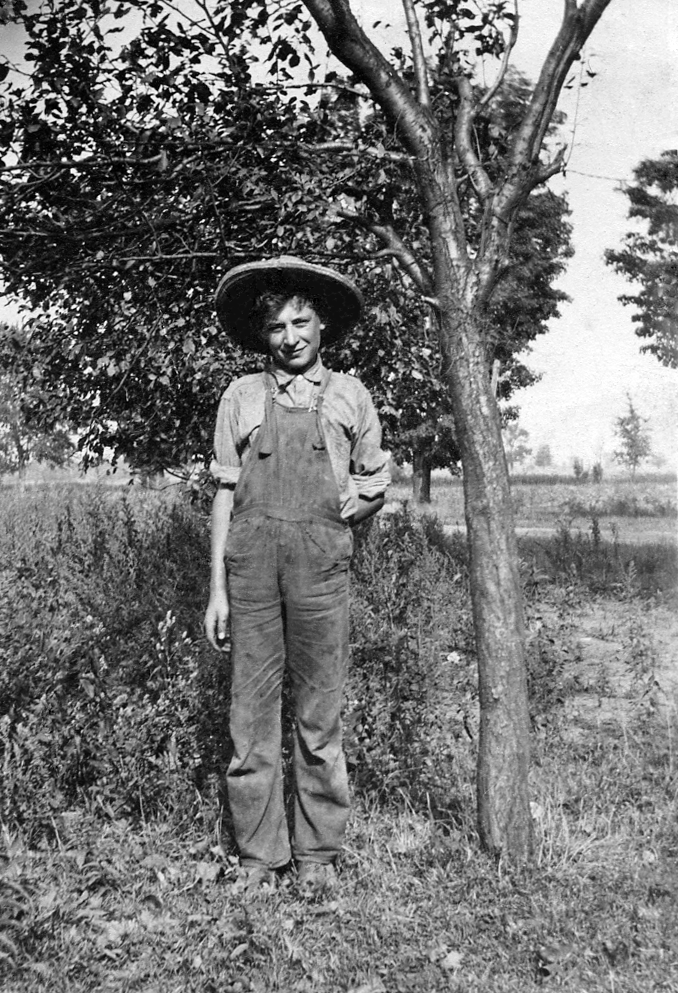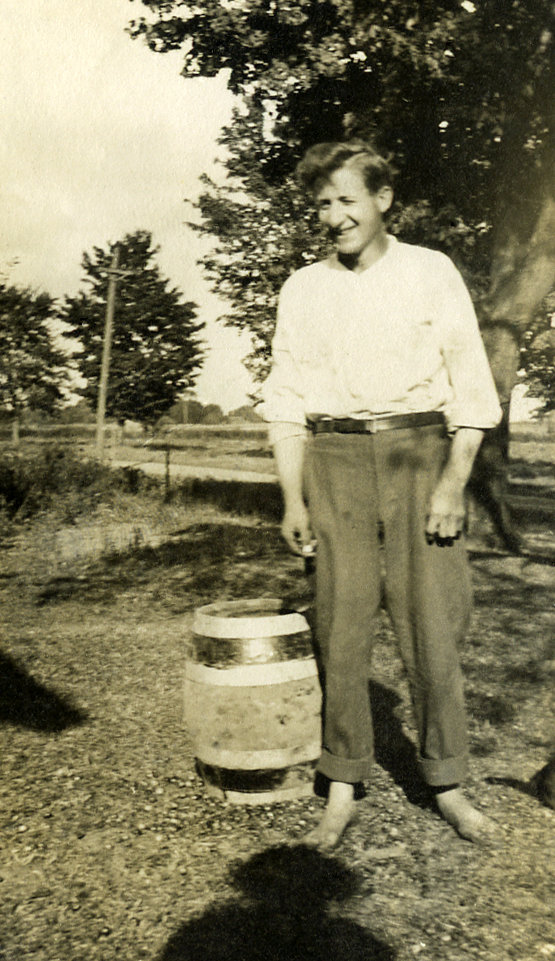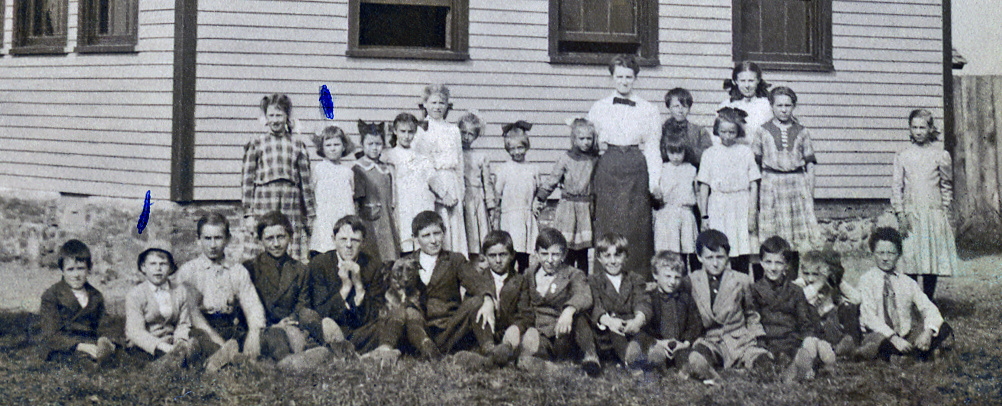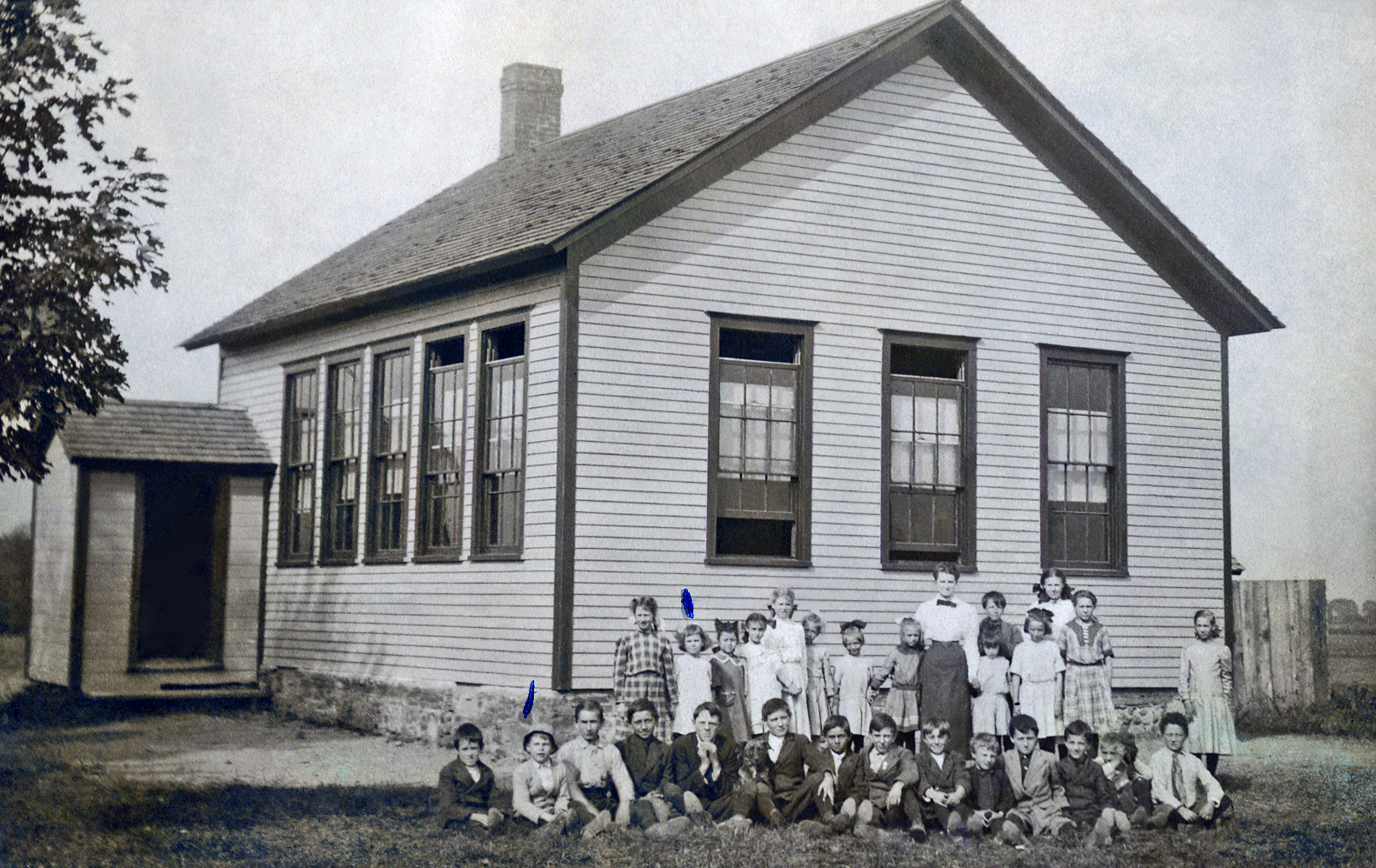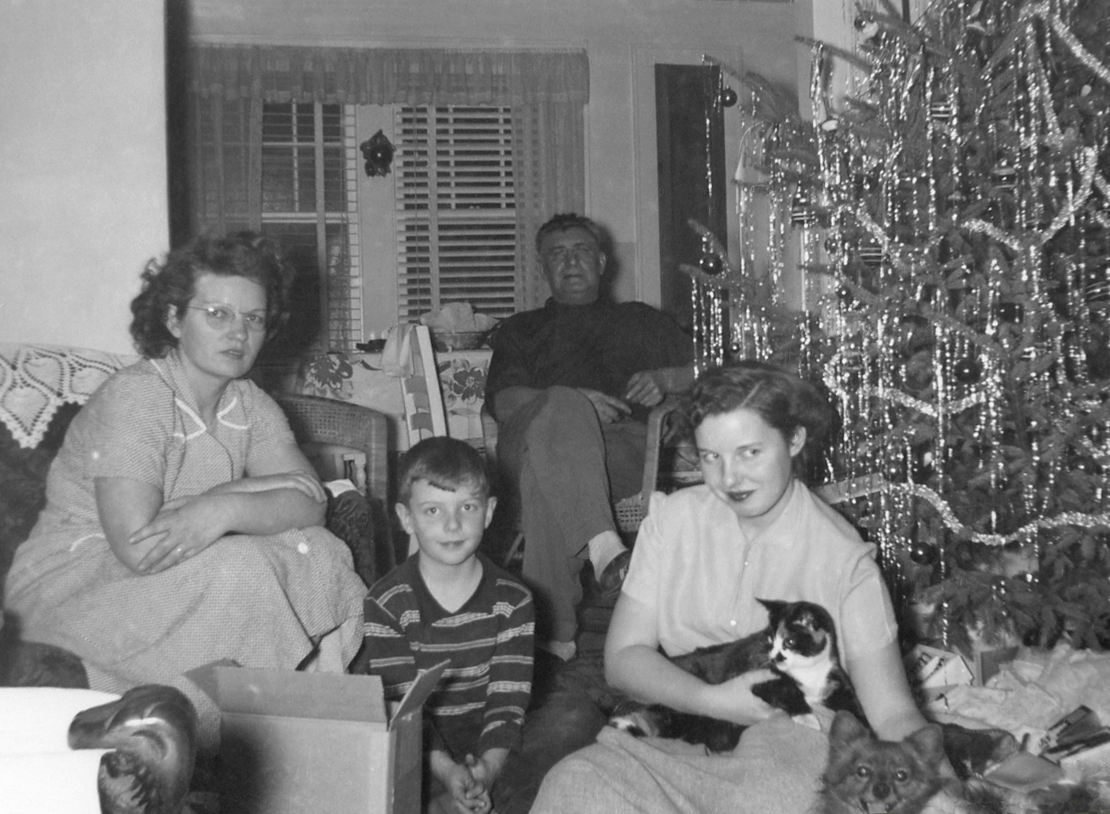Under the name of John Carl Lipkey, Jr. (alt. spelling John Carl Lipky, Jr.), Jack enlisted as a Private with the U.S. Army during World War I. He did not want to fight against his "German cousins," but he did not shirk his duty to his adopted homeland and, like his older brother Frank, answered its call. He enlisted at Camp Syracuse on September 26, 1917 at the age of 18 years. He served with Company H of the 39th Infantry Regiment as they trained through the winter at Camp Greene near Charlotte, North Carolina, and was transferred to the Supply Company of the same Regiment, as a Wagoner, just before being sent overseas to France (May 1918). The 39th Infantry Regiment earned its nickname "the Fighting Falcons" by participating in the deadly battles in the Vesle sector (Aug. 8-16, 1918), the St.-Mihiel offensive (Sept. 12-15, 1918), and the Meuse-Argonne offensive (Sept. 26-Oct. 24, 1918). As a Supply Company Wagoner, Jack was responsible for helping make sure the men received food, gear, and ammunition all the way up to the front. All of the men in the regiment were at times exposed to artillery shells, high explosives, shrapnel, sniper bullets, machine guns, and aerial and gas attacks.
Jack was captured and spent some time in a German prison camp where he was severely wounded by the Germans who attempted to kill all the prisoners as the U.S. Army approached to rescue them. Fortunately Jack recovered from his physical wounds and returned to his unit.
After the Armistice was signed on November 11, 1918, the American Expeditionary Force became the American Army of Occupation in accordance with its terms. Jack followed with the 39th as a Wagoner in the Supply Company across the border into Germany and was settled near Weibern in the Pfalz. In January 1919 he was transferred out of the Supply Company and into M Company as a Private. On April 1 he was transferred to the 77th Field Artillery and on May 1 was assigned as a Private in Battery B of that unit.
Jack and his fellow soldiers in the 77th F.A. sailed home from Brest, France on the U.S.S. Tiger, arriving in Hoboken, New Jersey on July 29, 1919. He was honorably discharged from the Army on August 5 and returned home to Syracuse, where he began working as a machinist.
Jack had a first marriage (August 2, 1927) with a Syracuse woman named Iola Luziune/Lutz that didn't work out. They had no children and were no longer living together by the 1930 census. He later married (c. 1942) Luella Mae Hawkey Chapman, who had been previously married to Delbert Edmund Chapman, and had a daughter, Barbara Chapman. In addition to raising Barbara together, Jack and Luella had a son, Thomas John ("Tommy") Lipke. In 1949 they bought property on the west side of Church Street Extension near Kreischer Road in North Syracuse and built their home there near his brother Tony's family at 611 Church Street.
He registered for the WWII draft on 15 February 1942, giving the name John August Lipke.
Jack Lipke worked as a machinist at the Owen Dyneto plant on Wolf Street in Syracuse. The plant was bought by Electric Auto-Lite in 1934, but to the family it was always known as "Owen Die-neeto." According to his obituaries, Jack worked as an employee of the Battery Division of the Auto-Lite Corp. for 20 years. He was known as a very hard worker who, in his free time, was always going somewhere or doing something, including gardening, fishing (and keeping his friends and family well supplied with fish), or spending time with family and friends. He never went hunting, however, because he was a "softie" who could not bear to kill an animal. He loved the family Pomeranian dogs, Suzy and her son, Sandy.
Jack was a good-hearted, loving family man. He was always willing to lend a hand to friends in need, including helping to build or fix up houses or help put a roof on a barn. His gardens were immaculate and weedless. He was close to his brother, Tony, and shared many projects with him, including raising strawberries and selling them along Church Street in North Syracuse.
Jack died of a heart attack at the Mattydale Inn on old LeMoyne Avenue near Wolf Street in Syracuse at the age of 55 years, 6 months, and 19 days. He was buried at Assumption Cemetery on May 17, 1954, Rev. J. McCarthy officiating.
Under the name of John Carl Lipkey, Jr. (alt. spelling John Carl Lipky, Jr.), Jack enlisted as a Private with the U.S. Army during World War I. He did not want to fight against his "German cousins," but he did not shirk his duty to his adopted homeland and, like his older brother Frank, answered its call. He enlisted at Camp Syracuse on September 26, 1917 at the age of 18 years. He served with Company H of the 39th Infantry Regiment as they trained through the winter at Camp Greene near Charlotte, North Carolina, and was transferred to the Supply Company of the same Regiment, as a Wagoner, just before being sent overseas to France (May 1918). The 39th Infantry Regiment earned its nickname "the Fighting Falcons" by participating in the deadly battles in the Vesle sector (Aug. 8-16, 1918), the St.-Mihiel offensive (Sept. 12-15, 1918), and the Meuse-Argonne offensive (Sept. 26-Oct. 24, 1918). As a Supply Company Wagoner, Jack was responsible for helping make sure the men received food, gear, and ammunition all the way up to the front. All of the men in the regiment were at times exposed to artillery shells, high explosives, shrapnel, sniper bullets, machine guns, and aerial and gas attacks.
Jack was captured and spent some time in a German prison camp where he was severely wounded by the Germans who attempted to kill all the prisoners as the U.S. Army approached to rescue them. Fortunately Jack recovered from his physical wounds and returned to his unit.
After the Armistice was signed on November 11, 1918, the American Expeditionary Force became the American Army of Occupation in accordance with its terms. Jack followed with the 39th as a Wagoner in the Supply Company across the border into Germany and was settled near Weibern in the Pfalz. In January 1919 he was transferred out of the Supply Company and into M Company as a Private. On April 1 he was transferred to the 77th Field Artillery and on May 1 was assigned as a Private in Battery B of that unit.
Jack and his fellow soldiers in the 77th F.A. sailed home from Brest, France on the U.S.S. Tiger, arriving in Hoboken, New Jersey on July 29, 1919. He was honorably discharged from the Army on August 5 and returned home to Syracuse, where he began working as a machinist.
Jack had a first marriage (August 2, 1927) with a Syracuse woman named Iola Luziune/Lutz that didn't work out. They had no children and were no longer living together by the 1930 census. He later married (c. 1942) Luella Mae Hawkey Chapman, who had been previously married to Delbert Edmund Chapman, and had a daughter, Barbara Chapman. In addition to raising Barbara together, Jack and Luella had a son, Thomas John ("Tommy") Lipke. In 1949 they bought property on the west side of Church Street Extension near Kreischer Road in North Syracuse and built their home there near his brother Tony's family at 611 Church Street.
He registered for the WWII draft on 15 February 1942, giving the name John August Lipke.
Jack Lipke worked as a machinist at the Owen Dyneto plant on Wolf Street in Syracuse. The plant was bought by Electric Auto-Lite in 1934, but to the family it was always known as "Owen Die-neeto." According to his obituaries, Jack worked as an employee of the Battery Division of the Auto-Lite Corp. for 20 years. He was known as a very hard worker who, in his free time, was always going somewhere or doing something, including gardening, fishing (and keeping his friends and family well supplied with fish), or spending time with family and friends. He never went hunting, however, because he was a "softie" who could not bear to kill an animal. He loved the family Pomeranian dogs, Suzy and her son, Sandy.
Jack was a good-hearted, loving family man. He was always willing to lend a hand to friends in need, including helping to build or fix up houses or help put a roof on a barn. His gardens were immaculate and weedless. He was close to his brother, Tony, and shared many projects with him, including raising strawberries and selling them along Church Street in North Syracuse.
Jack died of a heart attack at the Mattydale Inn on old LeMoyne Avenue near Wolf Street in Syracuse at the age of 55 years, 6 months, and 19 days. He was buried at Assumption Cemetery on May 17, 1954, Rev. J. McCarthy officiating.
